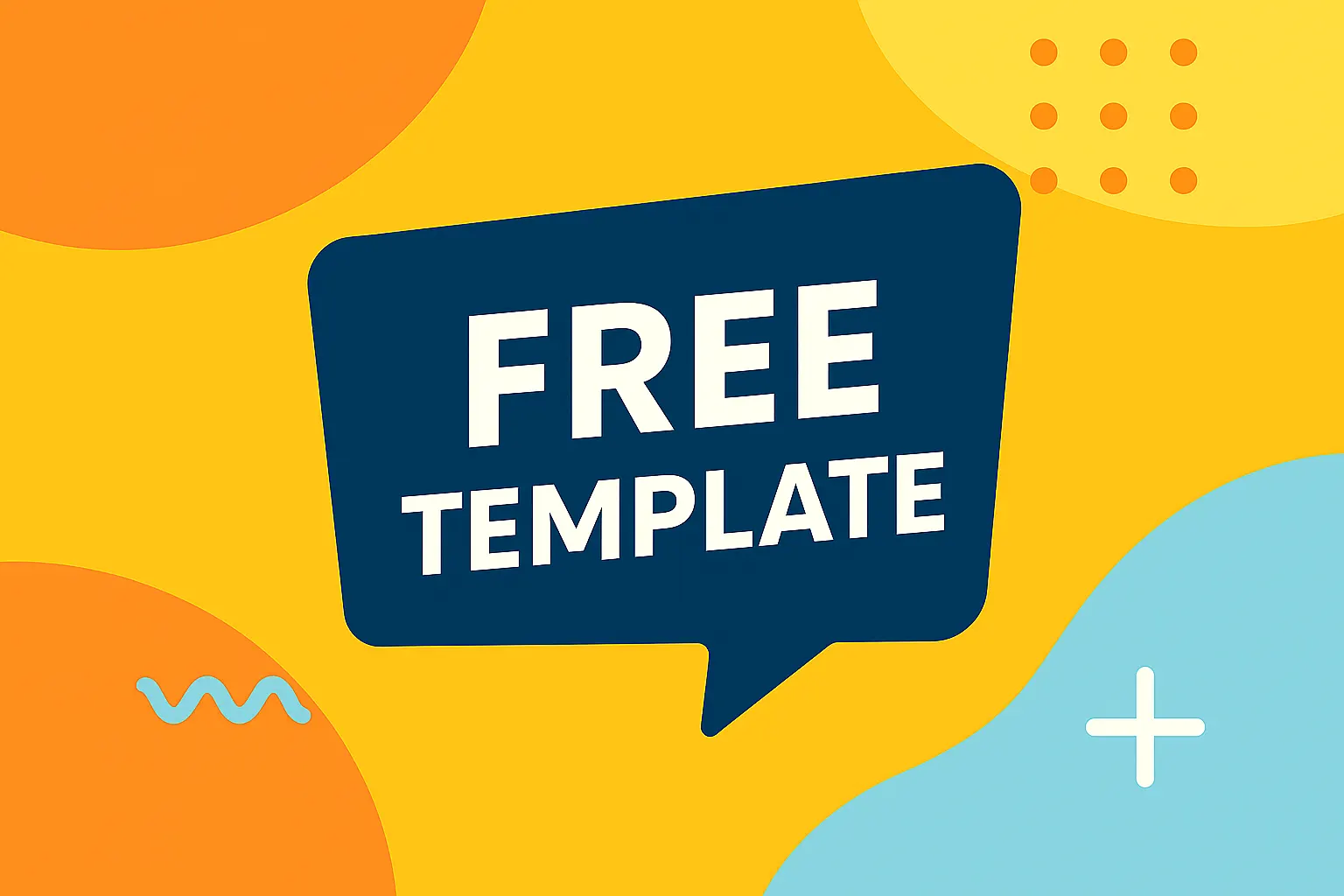Introduction
WordPress 6.5 is here, and it’s packed with exciting new features, performance upgrades, and improvements to the site editing experience. As WordPress continues to evolve into a full-fledged site-building platform, version 6.5 brings refinements that benefit developers, content creators, and site owners alike.
In this comprehensive overview, we’ll explore the most important features of WordPress 6.5, including the Font Library, Interactivity API, block editor improvements, and performance enhancements. Whether you’re a casual user or a developer, this guide will help you understand what’s new, how to use the latest tools, and what to expect from the WordPress future.
Overview of WordPress 6.5
Released in April 2025, WordPress 6.5 is the first major release of the year and the continuation of the Gutenberg Phase 3 initiative: collaboration and design workflows.
Key goals of 6.5:
- Better site editing and design tools
- More native performance optimization
- Improved developer APIs
- Enhanced typography and layout options
Site Editor Enhancements
The Site Editor (introduced in full in WordPress 6.2) becomes even more powerful in 6.5, allowing users to manage and design all aspects of their site visually.
Notable Improvements:
- Better Navigation Menus: Drag-and-drop menu building is smoother.
- Reorganized Settings Panel: More intuitive UI with grouped options.
- Template Syncing: Control which templates or parts sync across your site.
- Style Revisions: View, compare, and restore previous design versions.
The editor is now more user-friendly, with a focus on real-time previews and version control, giving designers more confidence while customizing.
New Font Library (Game-Changer!)
One of the most requested features has finally arrived: the Font Library.
What it Does:
- Lets users upload and manage custom fonts directly in the Site Editor.
- Supports both local fonts and Google Fonts (privacy-focused loading).
- Allows theme authors to register fonts with a few lines of code.
Why It Matters:
- Typography has always been a challenge in WordPress without relying on third-party plugins or custom CSS. With the Font Library, you can now manage your site’s branding and design with precision—no extra tools required.
Interactivity API
The Interactivity API is a developer-focused feature that introduces a new way to build dynamic user experiences using declarative JavaScript.
Key Use Cases:
- Load more posts without a full reload
- Toggle like buttons or favorite items
- Create inline search or filters
Benefits:
- Lightweight and fast
- Works with WordPress’s block structure
- Easy to use and scale
This feature bridges the gap between static content and modern interactive experiences, empowering theme and plugin developers to create highly engaging sites.
Performance Improvements
Speed is always a top priority, and WordPress 6.5 delivers:
- Block rendering optimization: Blocks now load only when needed.
- Improved template loading: Faster site rendering thanks to smarter logic.
- Lazy loading tweaks: Better image loading on mobile.
- SQLite support (experimental): Lightweight database alternative for small sites and local development.
These changes result in measurable reductions in TTFB (Time To First Byte) and improved Core Web Vitals.
Accessibility Updates
Accessibility continues to be a major focus in core development.
Noteworthy Changes:
- Better keyboard navigation in Site Editor
- Screen reader improvements in block lists
- More accessible controls in the block inspector
These refinements help make WordPress usable for all users, regardless of ability.
Developer-Focused Changes
Block Bindings API (Experimental)
Developers can now bind dynamic data sources (like custom fields or meta fields) directly to block attributes. This opens new possibilities for creating dynamic block-based themes.
Plugin Dependencies
Plugins can now declare required dependencies, making activation and deactivation processes cleaner and more reliable.
Block Hooks
Plugins can programmatically inject blocks into templates—ideal for adding newsletter forms, CTAs, or analytics.
Additional Features:
- Enhanced support for HTML API
- i18n (Internationalization) performance boost
- Type-safe REST API improvements
Backward Compatibility
WordPress remains committed to backward compatibility. All themes and plugins working on 6.4 are expected to function smoothly on 6.5.
However, developers are encouraged to test thoroughly, especially if using:
- Custom block editors
- Dynamic templates
- Font management plugins (which may conflict with the new native Font Library)
How to Update to WordPress 6.5
Steps:
1. Backup your website – Always use a tool like UpdraftPlus or your host’s backup system.
2. Check plugin and theme compatibility – Look for updates from developers.
3. Update WordPress Core – Go to Dashboard > Updates > Click “Update Now”
4. Clear caches – If using caching plugins or a CDN
Make sure to test your site after the update, especially the editor and frontend display.
Final Thoughts
WordPress 6.5 is one of the most refined and forward-looking updates in recent years. The native Font Library, Interactivity API, and enhancements to the Site Editor mark a major shift toward a more design- and developer-friendly future.
For casual users, it means less reliance on plugins and better control over design. For developers, it opens new APIs and performance tools that can reshape how themes and plugins are built.
Upgraded to WordPress 6.5 yet? Try out the new features today and unlock faster, more flexible site design with zero extra plugins!
Pexr – Responsive Multipurpose WordPress Theme on Template Monster
Launch your next big project with Pexr — the all-in-one WordPress theme designed for performance, flexibility, and stunning design. Get it now and build with confidence!

